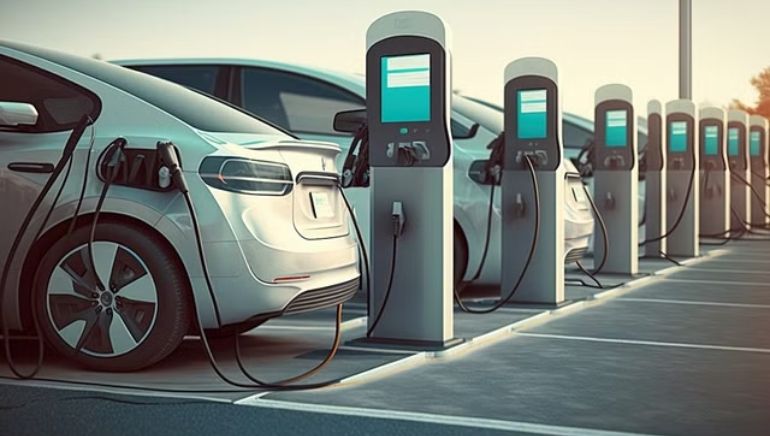India, in a strategic move to bolster its electric vehicle (EV) industry, has launched an ambitious new policy aimed at attracting investors from Germany, the United Kingdom, and Korea. This initiative is a part of India’s broader vision to emerge as a global leader in the electric vehicle market while committing to sustainable and environmentally friendly transportation solutions.
The new EV policy is designed to create an attractive investment landscape for foreign investors, particularly focusing on countries with advanced EV technologies like Germany, the UK, and Korea. By leveraging their expertise and capital, India aims to accelerate the development and adoption of electric vehicles, a key component of its commitment to reducing carbon emissions.
The policy includes a host of incentives and benefits for foreign investors, such as tax breaks, subsidies, and simplified approval processes. Furthermore, the Indian government is also considering setting up dedicated EV zones, which will offer state-of-the-art infrastructure and facilities to streamline the manufacturing and distribution of electric vehicles and their components.
One of the main objectives of this policy is to create a robust local supply chain for EVs, reducing dependency on imports, especially in critical components like batteries and semiconductors. India’s vast market potential, coupled with its growing emphasis on renewable energy, presents a lucrative opportunity for foreign investors in the EV sector.
In addition, the government is also focusing on developing a comprehensive network of charging stations across the country, addressing one of the key challenges in the adoption of electric vehicles. This includes both fast-charging and standard charging options to cater to various needs.
Collaborations with German, UK, and Korean companies are expected to bring in advanced technologies and best practices in the EV space, fostering innovation and quality improvements in Indian-made electric vehicles.
India’s move to attract foreign investment in the EV sector is a part of its broader economic strategy to boost manufacturing and create jobs while transitioning to a greener economy. This policy is not only poised to transform India’s automotive landscape but also to make significant contributions to global efforts in combating climate change.















